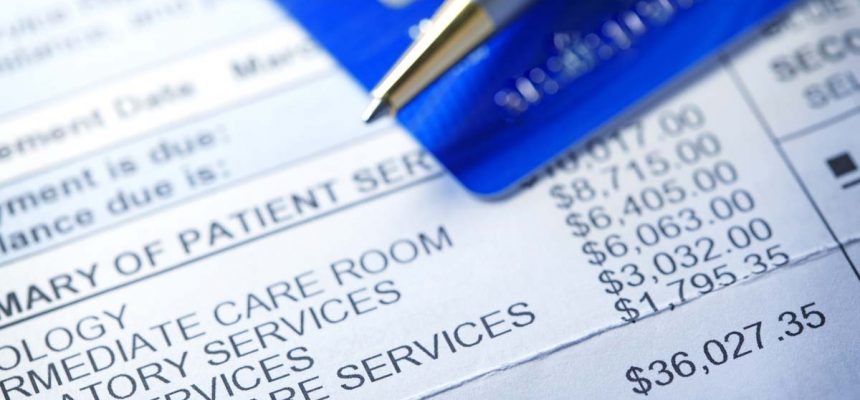Medical Debt Contributes To More Than Half Of Personal Bankruptcy Filings
By Consumers For Quality Care, on April 3, 2019

Americans are paying the price for getting sick or hurt, according to new research.
A recent survey, published in the American Journal of Public Health, found that nearly 60 percent of people who have filed for personal bankruptcy reported that a medical expense “very much” or “somewhat” contributed to their financial situation, according to The Atlantic.
The percentage of individuals who cited medical debt as a reason for bankruptcy was higher than those who cited home foreclosure or student loans. Last year, Consumers for Quality Care found that consumers were more concerned with the costs of health care than the costs of retirement, higher education, housing, and childcare.
Consumer advocates warn that the numbers may continue to rise. They blame, in part, the increasing popularity of cheaper but less comprehensive health plans, like short-term limited-duration plans. They also warn that as networks continue to narrow and more providers are out-of-network, consumers could pay more or end up with large surprise bills they cannot afford to pay. In the complex health care space, there are many ways consumers can pay more than they are prepared to.
“The reality is that medical costs are not objective, real costs,” says Berneta L. Haynes, the director of equity and access at Georgia Watch. One day, an MRI can cost $19,000. The next, it can cost nothing.
Advocates suggest that if consumers receive hefty medical bills, they try to negotiate the bills or ask about financial assistance. Hospitals, and even sometimes collections agencies, allow consumers to set up payment plans.
Still, the current system requires people to independently negotiate on their own behalf with giant corporations over tens of thousands of dollars, often while recovering from a major illness. For those who haven’t done it before, the process can be confounding.
When patients have trouble paying their medical bills, hospitals often give their cases to debt collectors.
The consequences of such medical debt can impact consumers’ future care and health decisions.
[S]ome patients do wind up with medical debt, which discourages them from seeking medical care, because they fear they will incur even more debt if they go to the doctor again. The debt can also worsen people’s credit, which can make it hard for them to live healthier lives by, say, moving to better neighborhoods. In the end, they get sicker, and risk plunging even further into debt.




